Our Travel blog
|
Saturday 24 September Having spent a peaceful night at Blackshaw Moor we arrived at Waterloo Mill in Leek for the first of our 4 viewings. It was an impressive four story former silk mill built in 1894, converted now into apartments and surrounded by close knit former workers cottages. The apartment we saw was stunning, big windows letting in lots of light and framing panoramic views over Leek and to the hills beyond. In the company of our sales representative and his amiable wife we were then given a tour of Leek, learning much about the area as we looked around a detached bungalow that had once been a butchers shop and an apartment in the former cottage hospital that came with a view of the old mortuary. Dragging Alison away from Mrs Sales Representative before they had a chance to exchange addresses we then took ourselves off to an unescorted viewing at a small terraced house in the company of the owners and their three remarkably quiet young children. So discreet and unobtrusive were they that I longed to ask their parents if they drugged them. Sadly I didn’t get the opportunity as Alison spotted that the shed was painted purple and hauled me away to look. We finished in Leek by early afternoon although we were due to return on Monday to view one more house before we headed south again. In the meantime we went to Shallowford for the rest of the weekend. If you’ve kept up with the blog you’ll know we rather like Shallowford retreat house where our friends live and work. We had much to discuss with them over a cosy afternoon. Afterwards we met up with other friends and joined the group using the retreat house over the weekend. We enjoyed an amiable evening involving beer and an elaborate cheese board before retiring to Mavis where we lay in bed discussing the properties we’d seen and events of the day until we fell into a restless sleep. Sunday 25 September After a disturbed night due to relentless rain battering Mavis’ roof, driven by gusting winds, we woke up in a groggy mood and had completely forgotten the details of last night’s discussions. We spent a while re-acquainting ourselves with our thoughts and feelings, ideas about Buxton and Leek and questioned whether we were being realistic with our plans, before joining in a short worship service in the chapel and then taking some personal time to think and reflect, Alison by walking the house dogs while I sat and filled in a form online, swearing discreetly over the absurdity of filling in a form online that doesn’t allow you to paste information into it. The afternoon was spent helping around the garden, where Alison got to drive a tractor and I did butch things with trees. After dinner 6 of us sat in the lounge in various states of fatigue, eager to enjoy the evening and each other’s company but struggling to find the energy. After a weary game of shuffleboard, where I was placed a magnificent 2nd, we all retired to our beds. Monday 26 September Fond farewells and future appointments made we drove to Leek in the rain and looked around an empty, ex-rented terraced house on whose doorstep a dog had ominously left an unpleasant welcome. Stepping over it the smell inside was only marginally better but we dutifully looked around, prodded and poked walls in a way that seemed vaguely like we knew what we were doing and being mindful of where we stepped we left after what we hoped was a respectable amount of time. Wandering arm in arm through the rain slick streets of Leek we bounced our ideas around, considered the pros and cons of what we’d experienced over the last few days and shared our reflections. Taking refuge from the rain in a tea shop, of which Leek has more than its fair share, we chatted away and realised that we’d both come to much the same conclusion and were waiting for the other to declare first. With that out of the way we drained our cups and stomped off through the drizzle to the estate agent. We were in a bakery further down Leek High Street when the call came in that our offer, cheekily below the asking price, had been accepted on 52 Livingstone Street, Leek, a sunny 2 up 2 down terraced house with a purple shed. The young lady serving us offered congratulations and advice about a reasonable local solicitor as we literally skidded down the wet street and into the estate agents to check that we’d heard them correctly and once reassured we exchanged details and started off the purchasing process. Back in March we’d sold the house in Colchester, paid off the mortgage and bought Mavis. We quit our jobs, hugged loved ones and with no fixed agenda set off on the road, covering over 7,500 miles to bring us eventually to Leek. Now we had just agreed to buy a house with our remaining cash. And as for employment…on Saturday afternoon we were offered work, including temporary accommodation, at Shallowford. As an added bonus it means our beloved cats can join us. On the journey to Cambridge on Monday afternoon we were excited but emotionally drained and almost too tired to take it all in…almost.
0 Comments
Tuesday 20 September Today we had the task of moving Alison’s son to his new digs in London, ready to start college in a weeks’ time. The first job was to load up Mavis, which I achieved thanks to years spent playing on the early computer game Tetris. The objective was to fit different shapes into a space, filling as much of it as possible without any gaps. This is pretty much how I packed Mavis, although in the computer version if you are successful lines disappear to give you more room, in Mavis I stacked and crammed; then re-stacked and stuffed and then I remembered Dom was coming too and would need somewhere to sit so I had to start over. Finally I stood back to admire my handiwork. “Ooh, well done dear” Alison said upon seeing my triumphant loading, “How is it secured?” she added in a more quizzical tone. “Secured my precious? We’ll be with it the whole time” I retorted and made to leave until being gently but firmly held with my elbow by Alison who now posed her next query in a more assertive tone. “What I mean is, when I brake, what will prevent approximately 3 tons of boxes, shelving and kitchenware from shooting forward … and while we are on the subject, what will stop the ironing board from decapitating Dom?” So that, gentle reader, is why when we arrived at Dom’s new room my first task was to remove a spiders web of Gaffer Tape from the van where I’d taped everything to everything else, and in the process quite a bit to myself. While I busied myself carrying in boxes and picking up supplies from a nearby Asda Alison helped Dom unpack and make his room homely. She picks up the story below: When I moved to Colchester in 2013 the hardest thing for me was to leave behind my family and friends, and the most difficult of all the goodbyes was the one I made to Dom. He said to me once that “I grew up and you left home” which I suppose is strictly speaking true but the decision to remain in Cambridge was Dom’s to make for himself. At 19 he was a grown up and he wanted to stay with his friends, he had a job and after the purchase of a flat in a small Cambridge village, he had a home of his own. He took on the responsibility for the flat very well and had a real pride in his home. Early this year he decided that he wanted to return to college and pick up his education. So here we were dropping him off at his new digs, this son of mine who at 22 is not a baby but a grown man, who has lived independently for the last 3 years, who has street smarts and a quiet confidence but somehow, leaving him in London in a room in a shared house, not knowing another soul was, I think, harder than leaving him the first time. At least in Cambridge he had family and friends, but here I was leaving him completely alone. We made the best of the room for him and took him out for dinner, all the time being positive and upbeat about the new opportunities and the excitement of living in London. Inside I was a bit of a mess if I’m honest. Driving away was so hard but my tears were mixed with a fierce pride. I know he’s going to be fine. No matter how independent your kids are saying goodbye is never easy. Wednesday 21 September After the emotional turmoil of yesterday and an overnight stop in Cambridge we scooted off to Buxton in Derbyshire. We’ve always been attracted to the elegant Georgian spa town, with its imposing Crescent, formal Pavilion Gardens, grand hotels, prim houses, majestic Opera House and charming nooks and crannies. It sits in a bowl through which the River Wye runs, passing under the main high street in a culvert and emerging to race through the Pavilion Gardens before cutting west, tracing a path through informal wooded banks to the edge of the town. Buxton was known to The Romans as Aquae Arnemetiae, or “Waters of Arnemetia” as they had dedicated a shrine here to the Goddess Arnemetia. Doubtless they were attracted to the site by the warm springs, which bubble out of the ground at 28 degrees Celsius. The spa has brought visitors to the town ever since as have the clear natural mineral waters. Filtered through the surrounding hills the Buxton water still pours out of an ornamental tap in the town, from which people come from far and wide to fill their water bottles. The old water works in the town have been demolished; Buxton Water now comes from a new plant nearby and is a subsidiary of the giant Nestlé Corporation. According to the official town website Buxton is “At 300m above sea level the town is the highest town of its size in England” which strikes me as a nebulous and somewhat pointless claim for a town with so much more to offer. Unless two towns occupy exactly the same amount of land or have exactly the same number of inhabitants (the site doesn’t make it clear what they mean by size) then surely every town in the UK is the highest, or lowest town of its size in the UK? Maybe at the time of writing this I’m just in an awkward and pedantic mood. We came to Buxton with the aim of buying a flat to winter in, intending to let it out next summer when we go back on the road, but things didn’t quite go the way we’d planned. For all its allure we would end up leaving Buxton in a sombre mood. Tonight though we parked Mavis up at Grin Low, in a Caravan Club site situated in an old quarry. I had to drive out thoughts of Jeremy Clarkson and the other two muppets from Top Gear filling it in while we slept in their bid to rid the world of caravans. It was actually an enchanting position with a jagged wall of rock behind us, fields nibbled by sheep rolling upwards towards the stark moorland of Axe Edge. Up to our left above the quarry were Bronze Age burial mounds and crowning the highest point Solomon’s Temple. But more about that tomorrow. Thursday 22 September We walked into Buxton as planned and spent much of the morning looking in estate agents windows and, finding one that had several in our price range we arranged some viewings for Friday morning. Feeling that we’d accomplished something we went to a café for tea and cake. It was a pleasantly robust little place, cheerful staff and utility furniture, nothing dainty but clean with all home produced fare. One of our weaknesses is caramel shortbread and we opted for two slabs with our tea. They arrived with a thud on the table, which sagged under the weight. These were not delicate portions of fine shortbread topped with sweet sea salted caramel supporting rich Belgian chocolate. These were slabs of dense shortbread with a mass similar to lead, gooey sugary caramel and chocolate so thick it took several attempts to crack it. Each was a good 4 inches square and almost as tall. We chomped through them lost in a world of estate agents blurb extolling the virtues of flats that ‘you had to see inside to appreciate.’ Fearing our insulin levels were now off the scale we elected to walk back via the country park leading up to Solomon’s Temple. We strolled through the elegant side streets of Buxton, passed the secondary school and into the wooded country park. We made way for a bus load of Chinese tourists to descend from the sylvan paths, delicately picking expensive footwear through the leafy floor and filing into the gift shop or the toilets, ignoring the increasingly impatient pleas of the tour guide to re-board the bus. Once they’d dispersed we made our way up steep uneven steps and along a path that wound round the hillside, ever rising under the canopy of tall trees. The light from the sun was pale, diffused through autumn leaves, the path mulchy with rotting vegetation, still moist from yesterday’s rain, the air still with a humid woody smell. Up we climbed through mature woodland of Beech, Ash, Elm and Sycamore with Willow, Birch, Hawthorn and Rowan around the edges. I looked that up by the way, I cannot tell one tree from another. Apparently there are lots of birds too and abundant other wildlife. We saw a dog. After more climbing we reached open sky and entered an uneven pasture of grass kept short by cows grazing. The hillside had once been the domain of ‘pudding pie’ kilns where limestone was burnt to make lime for mortar and fertilizer. Up here on the summit the stone was quarried, the land pitted with the scars of old workings leaving deep hollows and bare rocks that rise from the grass, standing stark against the skyline, and from the centre of a Bronze Age burial mound the tower that is Solomon’s Temple. The present tower was built in 1896, a replacement for an earlier one constructed by Solomon Mycock a local farmer, landowner and inspiration for many juvenile puns on his surname. It’s a round, two story high turret that looks like the corner of a child’s toy castle. Its function seems to be ornamental, although judging by the state of the ground floor the local cows have found a use for it as a toilet. The view from the top is, well, much like the view from the ground it’s built on but slightly higher. From the bleak looking Axe Edge to the South, turning to your left you can gaze around 360o taking in landscape mutilated by quarrying, undulating fields stretching away to a hazy horizon, ugly modern works, lonely farms, a railway viaduct, the sprawl of Buxton with its domes and spires, hills grazed bare, sparse woodlands, remote stone farmhouses, the old drovers road to Macclesfield that slices into the edge of hills pocked with old mine workings, the River Wye cutting a deep channel through the rocks and then back around to lush green hillocks and up again to Axe Edge in its stark purple beauty. Satisfied, we walked back to Mavis across the hill and into the old quarry, full of anticipation for tomorrow’s viewings. Friday 23 September We met our guide for today’s viewings and were given a walking tour of Buxton in charming and candid company. Four flats, one possibly habitable under duress and three increasingly squalid hovels, the last of which shook under the constant flow of traffic grumbling up the steep A6. We walked back with the agent into town and he was a mine of interesting information, pointing out where old shops had been, old roads, where it’s liable to flood and such like. We nodded and said “Ooh” and “gosh, really?” in all the right places but inside we were lost in our own thoughts, busily trying to fit ourselves into any of the apartments we’d just visited. We left our host in town and retired in a glum frame of mind, took temporary refuge in a tea shop and sifted through our options. Over a cuppa we decided that Buxton probably wasn’t going to be for us, the whole point of trying flats was to avoid having a mortgage and if all we could afford was damp rooms with tiny kitchens and extortionate service charges then we’d have to think again. We left Buxton in a despondent frame of mind and drove passed the cottage at Flash where we honeymooned last year and into the town of Leek. We decided on the journey to have a look around and liked what we saw. We bought a picnic lunch to eat en-route to Shallowford where we were due later for a weekend with friends. Over lunch, overlooking fields outside of Leek we surfed the internet on our phones and looked at properties in Leek. We could clearly get more for our money and so we decided to explore the opportunities. Delaying our arrival at Shallowford by a day we went back into Leek and after an assault on every estate agent we could find we set up some viewings for Saturday morning. We stayed at the nearby Blackshaw Moor site after bagging the last available pitch. We’d stayed here before when we did a walk around The Roaches so it was familiar and welcoming. We spent an evening soul searching, deep in our thoughts about what may transpire and if Leek’s more encouraging house prices were too good to be true. Tomorrow may be make or break for our plans. 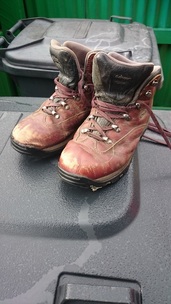 Saturday 17 September Bungay is one of Britain's rarest surnames, with fewer than 460 examples recorded in the country. That’s around 12 people per million. I mention it because in May 2012 two football teams comprised entirely of people with the surname Bungay lined up against each other. The subs, referee and linesmen shared the same surname, as indeed did the mascot and doctor. Not coincidently the match took place in Bungay in Suffolk. It’s that sort of place. We arrived in Bungay in an ominous storm but the sun eventually broke through and on Saturday morning a dank humid heat descended like a warm blanket. We’ve returned to Mavis after a break and it’s a marvellous feeling. We’ve been re-familiarising ourselves with her and after a few polite “excuse me’s”, faintly grumpy shuffling out of each other’s way and ‘no, no, its fine, I’ll wait” moments we settled back into our on-board routines. The site we’ve chosen is close to the River Waveney. It so happens that at Middle School I was in Waveney House, which meant I got to wear a cheap green badge and collect points for my house. At the end of the first term we all eagerly gathered in the hall as the head master spouted forth about pride, team work and suchlike until he eventually counted down to reveal that of the four houses we were pipped at the post by Alde. (Red badge I think). Their elation was short lived when it was revealed that their reward was to have their house name engraved on a cheap cup and the satisfaction of knowing they’d won, which rather wiped the smug off of their faces. ‘Bugger that’ we all thought and a hall full of disappointed children filed back down drab corridors and into lifeless classrooms vowing never to bother again. Every so often we’d be awarded house points for doing something worthy, like winning the 200 metres, excelling at a test or in my case remembering my name. If we could be bothered they’d be begrudgingly added to the tally. A friend of mine once earned a house point for remembering that he’d earnt a house point. Back in the present day and we inspected the site facilities, which were basic and from an era when the most one expected was a door on the toilet and curtains with vivid orange flowers on them. Nevertheless they were clean and the showers hot and refreshingly free of gadgets, knobs, buttons, shiny dials and gizmos to steam your genitals; just the one button for on and off. I liked them immensely. Bungay itself, apart from playing host to mono-named soccer (final score 6-6 in case you were wondering) is a most becoming place. The town centre is stretched out, radiating from the Butter Cross, which means that while ambling around you discover quaint shops around unpromising corners and stumble across interesting buildings in unlikely places. It has an old fashioned timeless feel to it, some of the shops still close for lunch and Thursday is half day closing. Writing in The Guardian in 2013 Tom Dyckhoff described it as “…a town that's fallen down the back of the sofa.” For all its antiquated feel though I formed the impression that it’s struggling. A couple of large town centre pubs are closed and boarded up, some of the shop fronts are shabby, the stock faded behind grubby windows and the busiest trade seemed to be in the charity shops that occupy every other premises. An honourable mention though to the Old Bank, for its quaint tea shop on the ground floor and for using the former bank vault as a gallery and also to The Chocolate Box, which was like a reverse Tardis, it’s large shop front promising all manner of stationary, toys and confectionary but inside its merchandise stacked floor to ceiling in a space about the size of a phone box. And an additional commendation for Bungay Castle. Although there isn’t much left to admire it cost us the princely sum of 50p each to wander around in the afternoon sun. Even my father would have stumped up the paltry entrance fee for an opportunity to read its information signs and clamber over its remains. Building on the site of the first castle which was begun in 1165 by Hugh Bigod, Roger Bigod in 1294 got a royal licence to “crenelate his house” and so retained most of the original keep and added curtain walls. Presumably no one thought to check that his magnificently crenelated house was distinctly castle like when he’d finished tarting it up. The history of the town is quite exciting; the devil disguised as a black dog, a great fire and Roman and Saxon occupation. All this and more is summarised on this pleasingly succinct website. By the way, Bernie Ecclestone of Formula 1 and tax avoidance fame was born 3 miles away from Bungay in the hamlet of St Peter, South Elmham. Sunday 18 September. We took the bus to nearby Halesworth to see my mother today. It was a dull, featureless journey through countryside so familiar that I just let it drift by, but no doubt its charms are apparent to people not acquainted with the area. Once we arrived though I perked up as we explored a bit more of our family history. My grandfather, my mother’s father, worked for Spong and Co in Tottenham. Spong and Co were known for making all manner of household appliances of the type that are not glamourous but necessary all the same. Someone has to produce cheese graters, mincers, whisks and countless other utensils as well as utility items like fire extinguishers. One of my mother’s memories is of him in his role as fire warden after the outbreak of WW2, leading a rag-taggle troop of men down West Green Road wearing Spong and Co colanders on their heads for protection against Nazi bombs and failing masonry. He was something of a local lothario and after the war was caught out in one too many illicit liaisons, apparently by the family poodle trailing him to an address he’d much rather have kept a secret. In an unusual turn of events for the time my grandmother went on to successfully divorce him. We don’t know what happened to him after that. Or at least I don’t and it’s an uncomfortable area of family history to explore. For all her whimsical tales of his misadventures and not so cunning assignations a darkness gathers around her if reminisces stray away from trivial humorous anecdotes. Perhaps some experiences and memories are best left in a former life. After our visit we treated ourselves to a pub lunch then returned via bus to Mavis. As the sun was still out we took full advantage and sat outside reading and drinking tea. The only blot on the landscape came in the form of the camp bore. Every site seems to have one, regular visitor who wanders around with a proprietorial air and a bottomless reservoir of unexciting tales to deliver to the unsuspecting. Bungay’s version wore orange camouflage trousers, which I cannot imagine were concealment against any terrain or flora on earth. He was towed along by a dog that was a cross between a Westie and a Staffie. We know this because poor Alison was caught and thus knows all about it, his wife’s legs and how they give her trouble, where they used to stay and a lot more information than absolutely anyone needs to know, and I include him in that sweeping generalisation. The way to handle him was to wait with a fixed smile on your face letting him drone on until a passer-by hove into view, whereupon you’d make eye contact with the new arrival, greet them warmly as if you’d been best friends since primary school, make an introduction to Mr Boring of Bungay and then depart post-haste, leaving a bewildered stranger to face his barrage of tedium. Monday 19 September Greeted by a watery sun we popped into Bungay for some supplies and returned to Mavis. We had two last duties to perform before leaving for Cambridge. Well, one actually since Alison vetoed my plan to see if Mr Camouflage Trousers’ caravan would float on the Waveney. The second was to bid farewell to Alison’s old walking boots, a tale that she now picks up: Alison’s walking boots I got rather nostalgic over throwing my old walking boots into the dustbin. These boots and I have been through a lot together though. I bought them in Hawes, Yorkshire in 2008, the first holiday that I had ever taken completely on my own. At 14 years old, Dom decided that he would rather stay with his Dad than trudge over hill and dale with his Mum so I thought, ‘blow it, I’ll go on my own’. The first day’s walk in my new boots gave me blisters and I spent the next few days hobbling through the discomfort but from then on there was no stopping us. My boots and I walked up Ingleborough in the pouring rain where I was approached by some beardy guy who asked me if I wanted to go into Gaping Gill, an amazing natural cave large enough to fit St Pauls Cathedral in and which is accessed via a 100m descent on a winch seat. Usually the Fell Beck stream runs into the cave but the Craven Potholing club diverts it every August Bank Holiday so that unsuspecting members of the public can be accosted on the hillside and pay for the privilege of being lowered down into its depths. So of course I said yes, it’s not like I’m claustrophobic or anything…no hang on, I’m claustrophobic…what the hell was I doing? It was one of those ‘experience of a lifetime’ things. What I mean is, I never want to do it again! Yes it was an incredible cave but I spent the entire time down there hyperventilating and just saying over and over in my head, ‘get me out of here, get me out of here’. But I’m glad I did it. On another solo holiday in the Lake District I went to check out some standing stones, hiking uphill for miles in the type of rain which soaks through even the toughest waterproofing. I arrived at the site to see a scattering of rocks which were barely raised above ground. All rather disappointing. The only other people stupid enough to have braved the weather for a rather underwhelming pre-historic rockery were a couple of middle aged gentlemen who had driven their hire car up from the nearby town to look at the stones. They took pity on the drowned rat before them and kindly offered to give me a lift back to the town. Ignoring the sensible voice in my head warning me of stranger danger I accepted their invitation, as to be honest the thought of walking back through the raging torrent of water tumbling down from above was not an appealing one. As we started our drive back I jokingly said that if my Dad knew I’d accepted a lift from two complete strangers he’d go mad, to which the driver replied, “It’s okay honey, no need to worry, we’re American”. Oh well, nothing to worry about then I thought, there’s never been an American serial killer….Anyway I made it back alive and went back to my B & B to change my wet clothes and found that the only part of me that was dry was my feet thanks to my trusty boots. We have walked many miles my boots and I, and eventually we were joined on our walks by Ray and his boots. We’ve got to know some beautiful places in the UK pretty well over the last few years but there comes a time in any walking boot/human relationship where you start to notice the rot setting in; the squelching from the foot of water that has seeped in through the waterproofing, the slips when you’re scrambling over rocky ground and you make the tough decision that ‘it’s over – we can’t go on like this anymore - it’s not me, it’s you’. And so I placed them reverently in the wheelie bin on our site in Bungay and walked away with bittersweet tears in my eyes as a montage played out across the sky, a power ballad accompanying it. Farewell dear friends. And on that plaintive note we took off in Mavis and back to Cambridge for more emotional farewells. 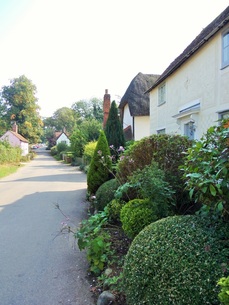 Braughing part 2 As a final flourish to our last entry I promised to cover a few bits and pieces in part 2 including: The first draft of the threatened book, details of our thoughts and ideas about what may lay ahead, Alison’s apology to a speed sign, I find a cannon ball, just how painful getting temporary cover for car insurance can be, visits to friends and relatives, celebrating our 1st wedding anniversary and more about Braughing and the surrounding area. So here goes, in no particular order: Yes I’ve been working on a book version of the blog. So far it’s at around 85,750 words, with much literary jiggery-pokery to come. It’ll be an enhanced version of what’s already been published on the blog, losing a lot of the ‘we went here and did this…’ stuff and expanding upon the lifestyle, background, preparations and some surprises too. The journey’s not over yet though so the manuscript is still being added to. At some point I need to stop and find the time and space to give it the attention it needs and beat it into shape. I imagine that will be over the winter while we are settled. In the meantime we’ve uploaded a map of our route so far which should be available here; Travels with Mavis. We are thinking of trying out Buxton in Derbyshire. We’ll need to find somewhere to live; Mavis is not suitable for the full force of a Peak District winter as she’s designed to dump the on-board water if the temperature drops to 2 degrees or lower to save the pipes from freezing and splitting, which would be an embuggerance to a cosy winter. We’ll also have to find temporary jobs. Why temporary I hear you ask? Well, we really want to do this all again next year and we have a cunning plan that may make it work, if the various components can be coordinated and we keep arrangements flexible to accommodate changing circumstances. After a brief dalliance back on the road we’re off up north to explore possibilities. Back in Braughing and we had the good fortune to have use of a car for our stay. This made travel much easier. Well, easier once we’d got over the not inconsiderable hurdle of adding us to the car insurance. Alison’s was relatively easy, just 30 minutes of increasingly intrusive questions, with answers that somehow I’m sure they already have access to on their screen anyway. When it came to me I thought I’d declare that I have a part time job. It’s only 5 or 6 days a year and pays precious little more than expenses but hey, it means that technically I’m employed. The trouble really started when they tried to slot it into one of the available tick boxes. Because it doesn’t fit I was recorded variously as an NHS Consultant, Management Consultant, Aerobics Instructor, Dog Trainer and God of Thunder. None of these adequately described my role but we settled on Management Consultant on the understanding that it was the closest, assuming of course that you disregard the known facts. After an hour of battling the system we were quoted a figure just short of the national debt of Greece for the both of us. We settled on Alison being the sole driver as she’s the better motorist and most likely to be driving anyway. I could remain as navigator and I secretly hoped I really could be the God of Thunder and smite Audi’s and insurance companies. By the way I feel I should interject an uncharacteristic apology at this point to members of the Audi community. Well, those who don’t drive like shiny bats out of hell. It’s not that we have anything against Audi’s, it’s just that they seem to have replaced the Ford Sierra and BMW as the company car of choice for testosterone driven egos squeezed into suits. It’s these impatient fools who have quotas, deadlines and targets to fulfil who are then seated behind the wheel of a powerful lump of German engineering they don’t own and let loose on public road where normal people are pootling to Tesco’s. One representative of the pootling to Tesco’s brigade is Alison, who I overheard apologising to a speed sign that had politely informed her she was a couple of mph over the speed limit. I love that. Where else but England would someone be so unselfconsciously polite that they instinctively apologise to an inanimate object? As it happened we were on our way to Stevenage to visit my Aunt where we shared stories of my parents motoring escapades as members of The Reliant Owners Club (ROC). I really cannot begin to describe the trauma of growing up the son of a Reliant owner. Not just that but one who actually joined a club of likeminded enthusiasts. There comes a point in a child’s life when they come to terms with the fact that mummy and daddy are human beings after all, with all the idiosyncrasies and failings that are inherent in human nature. For me it occurred one sunny afternoon in the back seat of our Reliant Rebel. For anyone not familiar with the Reliant Rebel it was a rare excursion by Reliant into conventional 4 wheeled motoring rather than the 3 wheelers they were known and ridiculed for. Whatever chapter of the ROC my father belonged to were invited to take part in a carnival. I think Harlow. The cars were all decorated and displayed badges, shields and other shiny adornments to enter into the festive spirit. All except one. Yup, the only 4 wheeled car in the parade wore nothing more than its dull beige paint. Driving gloves clutching the steering wheel my father indicated and pulled into the parade and I slunk as low as I could into the back seat. For the spectators lining the route it looked like someone in an obscure beige car had taken a wrong turning and wound up in the middle of a parade of cheerfully decorated Reliants. Goodness I was embarrassed. I have no recollection of the rest of the day; I think I’ve repressed it. What I do recall though was him winning a ROC treasure hunt. My aunt had a picture of the cup being presented to him, a monochrome moment in time. My father’s slight figure, a ghost from my past, was smiling and accepting a cup from some ROC dignitary, both face slightly away from the camera and a startled man in an ill-fitting suit and odd bootlace tie stares straight at the lens. It’s as if they’ve been caught furtively awarding cups in a Police sting operation. I do recall being in the back seat, I think then it was a 3 wheeler Robin we owned, following clues and recording waypoints en-route. It was all good innocent fun from a time when going for a drive was a regular Sunday afternoon activity. I have no idea how we won, my mother couldn’t navigate. On long journeys she was charged with reading out a lengthy list of instructions my father had received in the post from the AA. It wasn’t uncommon for her to turn two pages over together, sometimes missing out whole counties. Somehow, out of the fracas that followed we’d end up in approximately the right place, although not necessarily pointing in the right direction. Meanwhile back in Braughing, while out on one of my expeditions with Maddie we were following a path across a recently ploughed field and with an absent mind I kicked a ball for Maddie. While she was snuffling around looking for it where she expected it to be I was nursing a bruised toe. Upon inspection I’d kicked a solid ball of iron about the size of a tennis ball. My first thought was that it could be a cannon ball, but it’s more likely a piece of old agricultural equipment, maybe a weight of some sort. Whatever it was Maddie now bounced around trying to get me to throw it, which she would certainly regret if I did. As it is just passed harvest time many of the fields are ploughed and all sorts of debris gets turned over. There are lots of pieces of red brick tile which could well be Roman, parts of old farming implements, fragments of pottery and myriad unidentified bits and bobs of uncertain origin. Wandering over the fields and around the paths is a real treat, although the longer we are here the harder it is to motivate ourselves to get out; but it’s always worth it when we do. We took a longer than usual walk across fields and through woods to the village of Furneux Pelham, a settlement with the curious distinction of never being pronounced the same way twice, sometimes by the same person in the same conversation. It’s a charming place with a fine church, St Mary the Virgin, which was light and airy inside when we took refuge to escape the searing heat. Maddie lay on the cool tiles of the porch which were worn and eroded where countless feet have walked over them. How many people have trodden this path in times of grief, sorrow, joy and celebration or just to hear a sermon on a Sunday? I always feel a church porch tells a story, funnelling all those people and emotions into the church beyond and compressing them again so they file out together, Lords and Ladies, peasants and servants, for that moment in time all equal. The church has had a succession of vicars since Robert de Drayton in 1291, right up to our friend and Maddie’s owner Alice. Furneux Pelham was once part of a cluster of medieval hamlets that formed a parcel of land known as Pelham, mentioned as one area in the Domesday Book of 1086. Today there are several Pelhams surviving as separate communities. We only explored from the 18th century Hall, where the path we were on entered the village, up to the church but apparently it has a fine pub and is known for having a 1km long ford across The River Ash, apparently to the joy of genuine off road drivers who love such muddy challenges. I imagine though that the people who own rugged looking 4X4’s solely for dropping their precious tykes off to school go miles out of their way to avoid getting any mud on the paintwork. What we didn’t know at the time we were visiting was that Furneux Pelham was once the scene of bloody murder. On the evening of 7th January 2004 retired Lieutenant-Colonel Robert ‘Riley’ Workman was in his pyjamas and was quietly enjoying a glass of whiskey. He was in poor health and at 83 years old was not a sprightly man. He had lived alone in his cottage in the village since the death of his wife who, by the accounts of his family and friends, he was still mourning. On the evening in question neighbours reported hearing a gunshot although that wasn’t so unusual in a rural community where some locals took a stout approach towards vermin. The police attended thanks to an anonymous call from a local phone box that may have been made by the killer. Mr Workman’s body was discovered where he’d been shot at point blank range on his doorstep. The murder made the national press and became tabloid fodder when they revealed that the 83-year-old colonel had a secret gay past. During the 1950s and 60s he visited London clubs that were patronised by gay men in the military so detectives appealed for other club regulars to come forward. For some time the trail appeared to be cold, despite lurid press attention until in 2007 a cell mate of Christopher Docherty-Puncheon, a former local gamekeeper, came forward to allege that Docherty-Puncheon had confessed to murdering Mr Workman. Docherty-Puncheon was already serving time in Parkhurst jail for the murder of a local traveller Fred Moss and had worked for Mr Workman as a pest controller. He’d been questioned during the initial police investigation in 2004 but was released as there was no evidence of his involvement. Police seized on this new development and as a result of the alleged confession the case was reopened and in July 2010 Docherty-Puncheon was formally charged. The press picked up on Prosecutor Richard Latham QC’s remarks that “the weeks and months that followed the killing were like something out of ITV drama Midsomer Murders.…” and when reporting on the trial many of them referred to it as ‘The Midsummer Murder.’ After a five-week trial at St Albans Crown Court Docherty-Puncheon was found guilty by a majority verdict and sentenced to serve a minimum of a further 32 years in prison. We knew none of this as we wandered around the village which was pretty and refreshingly less murdery than that fateful night 12 years ago. Today it was basking under a hazy sun as we looked for the footpath to take us back, which Alison eventually located between pretty thatched cottages that led us down to a footbridge, over a dry stream bed and upwards under a canopy of trees to open pasture wilting in the sun. We trudged across open fields and winding paths in the full glare of the sun. We returned via the hamlet of Bozen Green, which now consists of three houses, one of which is a former pub, and a farm. It was once part of the larger settlement of Bordesden but like many such places it withered and died as agriculture came to rely less on manpower and more on machinery. Maddie found a ditch and emerged much refreshed and looking jolly pleased with herself and we contemplated doing the same thing but contented ourselves with cold beer from the fridge when we returned to The Vicarage. We celebrated our 1st wedding anniversary while in Braughing, going back to Bar Hill Church on the Sunday to mark the occasion and passing the day reminiscing about our wedding, the year we’ve had and how important it is to live your dreams; then much to Maddie’s disgust we went to the pub without her for a slap up meal. On our last night we packed up with mixed emotions. We’d loved our stay in Braughing; the house was lovely, the village warm and welcoming, the countryside inviting and Maddie the perfect host. We are indebted to Alice and Fred for their generosity, which we’ve repaid by giving them silly pseudonyms and stealing a bag of frozen peas from their freezer (I don’t wish to incriminate anyone but it wasn’t me…just saying). In a reverse of the norm we felt like two weeks in a house was a holiday and we were itching to hit the road again so after a brief reunion with Alice and Fred on the Friday morning we left them to unpack, settle back into normality and hunt for missing peas while we bade farewell to rural Hertfordshire and made our way through torrential rain to a site just outside of Bungay in Suffolk, which sat on what looked suspiciously like the flood plain of the rapidly rising River Waveney. Braughing part 1 Welcome back. I haven’t divided this entry into individual days because we’ve been here in Braughing for over a fortnight so I’ve summarised our stay, glossing over the more mundane aspects of our temporary domesticity in favour of some judiciously edited highlights. In view of the large amount of text and my inability to finish it in time it’s be published to the blog in two parts. We are here to house sit for good friends of ours and to look after their chocolate Labrador Maddie. Alison has known, let’s call them Alice and Fred, for years since they were local neighbours in Cambridge and they’ve remained close ever since. After a career in teaching Alice retrained for the clergy and is now the vicar for this Parish. She also took the sermon at our wedding and was one of the people who joined us at New Wine back in July where she was a tower of strength, with wise counsel just when we needed it most. Well, wise counsel and a bottle of red wine, which is my kind of guidance. Fred does something exciting with chemicals and precious metals and confesses that one of the highlights of his job is being frisked every day. They have both been enormously welcoming, supportive and generous to a fault. When we started on our adventures way back in March they foolishly offered us the opportunity to house and dog sit and since then they’ve spent the intervening 5 months desperately hoping we’d get a better offer. We didn’t and so I’m writing this from the tranquillity of a rural vicarage while Alison is hurriedly trying to clean up after my inadvisable brush with modern domestic living. Actually although it is rural the vicarage is a year old and crammed full of in-built appliances and gadgets that even after a fortnight of living here are still a mystery to me. For example the kitchen tap has a variety of settings that as far as I can tell are designed to drench my midriff with a choice of scalding hot or ice cold water. People witnessing me washing up may be forgiven for thinking I’m incontinent or get abnormally excited at scrubbing dishes. It even has one of those bendy hoses attached whose function and operation are still completely unknown to me. One day while Alison was otherwise engaged walking Maddie I mounted a clandestine operation to unlock its enigmatic secrets. After much twiddling and prodding I managed to get a dribble out of it. Emboldened by this small victory I pressed a pressed a lever I hadn’t tried and was rewarded by an uncontrollable fountain of steamy water snaking around and giving the kitchen an abundant watering. When I eventually wrestled it into submission and turned around the only dry area in the room was a Raymond shaped patch on the floor where I’d taken the full force of the spray. Alison and Maddie returned from their walk to discover me mopping up and dripping from head to foot. Even the dog sighed. I would resort to the dish washer but I can never find the blooming thing. All the usual kitchen appliances are hidden in identical cupboards for some inexplicable reason. When I make a cup of tea I’ll open the fridge door to get milk to be met by half-finished laundry. Doing the washing one day I opened the freezer, realised my mistake and with a smug look triumphantly opened what turned out to be the dishwasher. I tried a couple more cupboards until I found the washing machine skulking behind a door I swear I’d already tried. This is no reflection upon dear Alice and Fred, the house comes with Alice’s job and in many ways is ideal, with room for pastoral duties and meetings, ample space for a family and is amazingly energy efficient. It’s just that I grapple with all but the most familiar of appliances. I simply have no space in my head that is the right shape for a novel gadget to fit into. I have plenty of other empty spaces that are satisfyingly spilling over with obscure and frankly totally pointless facts and can easily add to this reservoir of information if it concerns music or, at a pinch, current affairs. By way of example on our way home this very night a song came on the radio by an artist called Karl Blau. “Oh”, I casually remarked, “this is a Tom T. Hall song. Tom is distributed by the Drumfire record label in the UK, the same one as Phil Burdett and Ags Connolly, although Karl himself is signed to Bella Union, which is run by Simon Raymonde, the same Simon Raymonde who was in the Cocteau Twins. Incidentally Simon is almost exactly a year older than me and was born in Tottenham….” This last sentence gradually faded under Alison’s stare, worryingly so since she was driving at the time. “How come you know all this stuff but can’t remember how to work a tap?” she asked, not unreasonably I suppose. I simply shrugged and pointed out the truck coming towards us, which took her mind off of the less urgent matter of obscure Americana artists. Happily we survived our journey back to the tranquillity of Braughing and the sloppy warmth of Maddie, who greets us like a lively bar of soggy milk chocolate in a furry wrapper. The vicarage lays on the edge of the village in a new development just past The Square, a triangle (I know…best not mention it to the locals) of grass with a water pump and pleasant views to the church. The village straddles the River Quin, rising gently from two fords and a footbridge to the main settlement on the east, which includes the medieval St Mary the Virgin church, the charming red brick and beamed Old Boy’s School, various thatched cottages along The Street and two old public houses, The Brown Bear and The Axe and Compasses. On the west of the river you’ll find The Golden Fleece. Three pubs in a village of around 1350 people is a pretty good ratio. The village also boasts a small Post Office and shop. The narrow footpath of Fleece Lane runs between Green Lane on the west side and the church on the east via a small tree shaded footbridge. Fleece Lane looms large in local folklore as it was on this lane on 2nd October 1571 that a pallbearer slipped on the autumn leaves and dropped the coffin of local farmer Matthew Wall. Embarrassingly and presumably to some alarm and consternation the fall woke Matthew from what was most probably a coma. When Matthew finally did pass away in 1595, doubtless after his wife and family had thoroughly checked the old rascal was actually dead this time, he left provision in his will for Fleece Lane to be swept every year. This ritual, known as Old Man’s Day, is still observed on 2nd October every year with school children sweeping the lane, the church bells ringing and a short service at his graveside. All of which I find faintly puzzling. Presumably the poor pallbearer’s faux pas saved Matthew’s life, in fact saved him from the awful fate of being buried alive. Therefore it seems slightly ungracious to bequeath a sum for eliminating the very conditions that rescued him, thus denying others the chance of a bumpy autumnal resurrection. Still, upon such deeds customs and folklore are built and it seems a nice touch to keep these traditions alive. In fact the village seems keen on preserving its sense of community in a pleasingly robust middle England kind of way. Despite the fact that the village is in ‘the stockbroker belt’, sitting as it does within an easy commute of London, it still retains its lively village feel and isn’t a ghost town during the week. Every evening a succession of expensive cars squeeze down the narrow lanes to deposit the harassed city workers into their snug rural retreats where there are lots of community events for them to choose from if the proliferation of colourful inducements to attend concerts, open studios, talks and dances that are pinned up around the village are anything to go by. The local pubs and shop appear prosperous and well frequented and the church and its adjacent hall are still the hub, literally and figuratively, of the community. Alongside the traditional cottages there is an eclectic mix of expensive new builds, family homes and some social housing, which I really hope is retained and not sold under the right to buy scheme because the chances of it being replaced for future generations are increasingly remote. 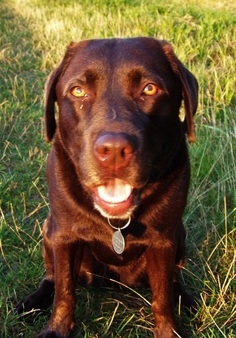 There has been a settlement at Braughing since the Iron Age, possibly serving as a trading post due to its location on the northern most navigable extreme of the River Rib, into which the Quin flows. At this time the main community was just south of where the main village now sits. In Roman times this grew into a significant town and trading centre known for making pottery. It was conveniently located for access to The Lea Valley and London via The Rib and lay close to several major Roman roads, including those that are now the A10 and the A120. Plus it was handy for Stansted airport if they needed to pop home for the weekend to watch the Lions vs Christians home fixture. It was the Saxons who called the settlement Breahinga, the earliest recorded form of the present name, and it gets a mention in the Domesday Book (1086) as Brachinges. Between then and now other stuff happened but I suspect most of it was dull agriculturally based tomfoolery and therefore not really worth much space in the history books. Braughing is surrounded by arable fields criss-crossed by a network of well-maintained and signposted footpaths. These were our gateway to explore the area under Maddie’s expert navigation. We took her for two walks a day, mostly under a clear sky and bright sun. The area is alive with wildlife, from the tiny beetles and scorpions to abundant wildfowl and songbirds, the majestic Red Kite’s that soar over the fields in search of carrion. There are also plenty of deer and badgers to fly the flag for the mammals. The fields have recently been harvested so the sense of space on the gentle sloping countryside is heightened; the fields are large with low hedges and some wooded areas, including ‘The Bone’. This is a tunnel like track flowing through a hollow between fields. It’s enclosed by mature trees on both sides making it particularly becoming in the early morning. The angle of the rising sun casts restless shadows on the floor as it slices through the maze of branches, fingers of yellow light piercing the gloom, ever changing as the track switches back and forth over the dry river bed. It’s usually about there that Maddie will have a dump and my appreciation of nature’s boundless splendour is enhanced by hauling a bag of her poo around for the next hour. Apart from doing what comes naturally Maddie is a delight. She’s completely uninterested in wildlife; unfazed by grouse, squirrels, horses or anything else Mother Nature chooses to tempt her with. She’s affectionate and possesses radar that can sense affection in others from wherever she may be. If Alison and I exchange a hug or kiss Maddie will bound into the room, a furry tube of slobbering excitement demanding to be part of our fondness. Should we try a sneaky peck she’ll pop her head around the door mid pucker and with her doleful brown eyes give us a sad look, as if hurt by our betrayal. Usually Alison will greet her with ‘hello Maddie Moo….’ This illustrates one of the fundamental differences between the female and male psyches that I just don’t understand. Where does this compulsion to add alliteration or a rhyming appellation to a name come from? My mother does a similar thing, calling her dog Dog-Pog. Why? His name is Charlie. It’s just one of the many mysteries of the sexes that make life so interesting. Not that I always took this view. As a young spotty teenager I fretted about the usual things, girls, food, girls, girls and girls. Actually, just girls; I added food to make me appear like a well-rounded human being. In an effort to try and understand this odd species I took to stealing copies of Buntie, Twinkle and Jackie from the doctor’s waiting room. I thought maybe reading was an easier way to understand girls than taking them apart; a technique that had served me well with my bike and radio but was less successful with the gerbil. Thus I came to appreciate that girls saw the world through a soft focus lens; they liked safe boys like David Cassidy who as far as I could see was just like me except rich, handsome, could sing and had blurry edges. Why didn’t girls feel attracted to a lump of greasy BO like me for goodness sake? It just wasn’t fair. I tried squeezing out the acne but apart from the minor satisfaction of hitting the bathroom mirror from 5 yards it just turned my face into a sea of angry red lumps. Coincidently angry red lump was an apt description of my mother when I forgot to wipe the bathroom mirror. The main opportunity, outside of school, to meet girls was the youth club. It was on a Thursday evening so I’d rush home from Hockey training, stuff my grubby kit into my bag for next time, throw on a shirt and jeans, douse myself in Brut 33 or my dad’s Old Spice if I was feeling particularly rakish, pull on my Green Flash tennis shoes and as the crowning sartorial glory slip on my denim waistcoat and mooch up the road, a heady mix of sweat, cheap perfume and desperation. Once inside the club we’d hang about in groups, swap records and tease the girls. As a mating ritual it was useless but I got to hear some great music and never caught anything more irritating than a cold so there was some compensation. The youth of Braughing appear to gather on the recreation ground and play area to conduct their awkward teenage courtship rites. (See what I did there, this isn’t just thrown together I’ll have you know.) It’s another feature of the village that it boasts a sports field among its amenities. To us though it’s best civic amenity is the Axe and Compasses public house. We have it on good authority that Maddie is a regular and indeed she took us there several times. It’s everything a community pub should be, from the warm welcome to the great beers and fine food at sensible prices. Maddie was accommodated with her own bowl of water and we were greeted by name after our first visit. A gem of a place and by all accounts the other two local pubs are similar, although Maddie wouldn’t let us venture further than the Axe and Compasses to find out. Incidentally The Golden Fleece sells the famous Braughing Sausages. Well, I say famous but I wouldn’t be surprised if you haven’t heard of them; I hadn’t. In the spirit of research I looked them up and I quote verbatim from braughingsausage.com: “The Braughing Original sausage is a Hertfordshire favourite and is based on a family recipe dating back to the 1920's, initially selling for one shilling and ten pence a pound (about 10p in today's money). The famous recipe has been handed down through the generations and since those days has remained the same with the sausages still made using traditional methods, prime British pork and natural casings. We only use shoulder and belly buts unlike lesser sausages.” Yes, it really does say buts. So now you know. Tomorrow we are leaving Braughing and its sausages behind and heading to Suffolk for a couple of days to see my mother and get attuned to Mavis again. One of our aims while stopping here was to pause and think ahead about the coming winter and where we may settle, at least temporarily, while we wait out the inclement weather. I’m happy to say that we’ve made progress, and have set wheels in motion and tongues wagging with rough plans to investigate Buxton in the Peak District. First though we need to move Alison’s son into his digs in London ready for college and attend to some domestic affairs. There will be a second instalment of this blog post to follow shortly, where you can learn about: The first draft of the threatened book, details of our thoughts and ideas about what may lay ahead, Alison’s apology to a speed sign, I find a cannon ball, just how painful getting temporary cover for car insurance can be, visits to friends and relatives, celebrating our 1st wedding anniversary and more about Braughing and the surrounding area. 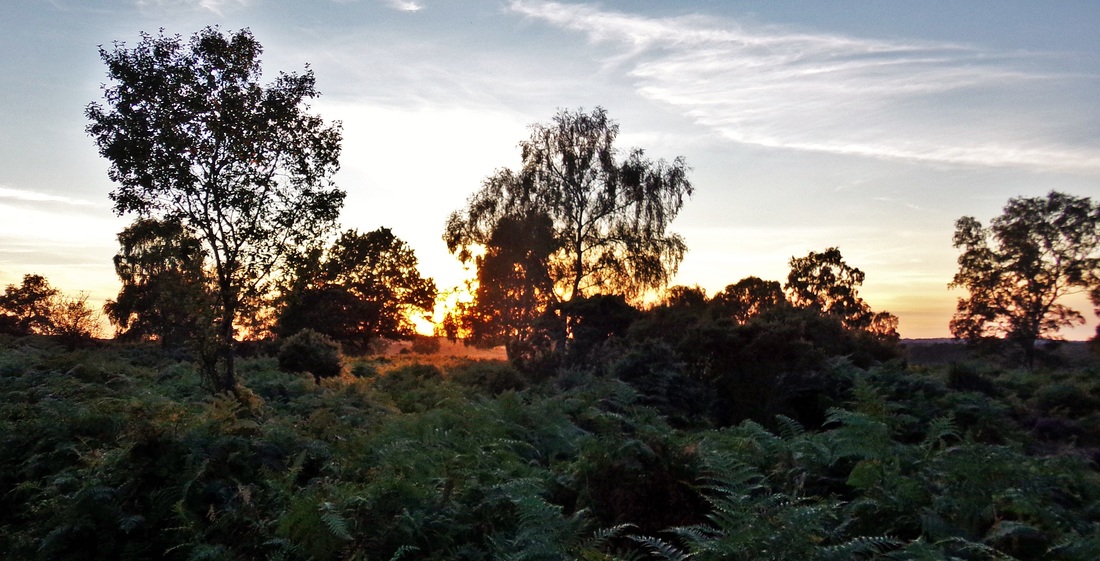 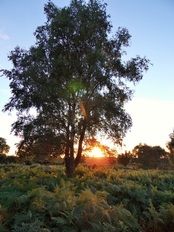 Friday 26 August With the August bank holiday closing in fast we found sites booked up or asking obscene amounts for touring pitches. Friends of ours doing a similar trip to us experienced the sharp end of this and were nearly drummed out of The Caravan Club for treason at querying exorbitant charges. Happily they were eventually let off with a reprieve and are back on the road in Bessie. Rather than mortgage Mavis we faced a compromise, either I’d have to don fishnet tights and a mini skirt and walk the streets to earn some cash or we would go to a site without facilities and rely on our on-board shower and toilet for the next four nights. Sadly for me we opted for the latter and so ended up in Manley Wood, which by a coincidence was going to be my street walking pseudonym. NB Actually it turned out to be called Matley Wood but, you know, poetic licence and all that…. Whatever the drawbacks of being so self-sufficient, and frankly there weren’t very many at all, the positive was the most picturesque site we could have wished for. We parked up overlooking sun flecked woodland, our door opening directly onto the forest and an informal path where ponies clomped by, tugging at the grass, quite oblivious to us. Here we felt the cares of the last few days begin to evaporate as we sunk low in our chairs and drank in the peace. The rich scent of the forest enfolded us, earthy and fresh from the gorse and sweet heather, the sun warmed our bodies and the bird song lulled us. We drifted into that warm, fuzzy dozing state that comes from truly switching off, where you’re not quite awake and drift through consciousness, your mind wandering down peculiar paths, a safe dream-like state where you have limited control, free to explore thoughts and see where they lead you. We were rudely woken from our cosy slumbers by canine barking. The pitch next to us was occupied by an enormous American style RV which was home to 3 bear-like dogs, each possessing a surly and fiercely territorial attitude. If they were cars they’d be Audi’s. In fairness though, they were mostly well behaved and didn’t bother us after that rude awakening. Their owners seemed to spend most of their waking hours barbecuing. It would be fired up for breakfast and reheated in time for dinner every day, the man standing over it twiddling and prodding whatever unfortunate beast he was blackening for consumption. In the evenings the smoky haze gave a dash of panache to the light as the sun set in long orange fingers through the trees. It was like being at a Queen concert without the music. Perfect! Saturday 27 August The first time I visited The New Forest was as a child in the company of a friend and his well-meaning family on a day out. I recall standing in the middle of sandy heathland looking at the nearest tree somewhere on the distant horizon. I was bitterly disappointed that we weren’t in the middle of a dark tangled forest, the sort of foreboding place that Tolkien would think twice about making hobbits walk through. I expected deep shadows, winding paths, murky glades, insects that bit and sucked and buzzed and stung, weird noises and warning from locals not to stray from the path. Instead I got open spaces, heather, sandy paths, horse poo and drizzle. It was awful. The woods, such as they were, were dull, green and leafy. The locals fed the adults tea and biscuits and warned us not to get wet in the rain. We walked around for a bit, looked at horse poo in various states of decay, ate a picnic in the rain, walked around a bit more and squeezed back into their car for the long journey home, smelling faintly of damp and horse poo. It took a long time after that for me to visit again. Eventually I took my boys to a site near Brockenhurst for a week’s camping because I thought it was time they came to appreciate the joys of horse poo for themselves. We arrived in sunshine and I cleverly pitched the tent in a slight hollow to give us a smooth floor upon which to sleep. Somewhere in the early hours a gale blew through Hampshire from the south, picking up most of the English Channel on the way and dumping it on us. At around 2am it occurred to me that another term for a slight hollow is deep puddle. One son wisely pitched the spare pop up tent and sought refuge therein. The other elected to sleep in the car while I took to the tent porch, which was on slightly higher ground and horse poo. The gale intensified and ripped the zip from the door; and thus my night passed wrapped in a moist sleeping bag with one foot out to hold the tent flap down. In the morning we discovered the car battery was flat because the boot had been left unlatched, everything in the tent was dank and clammy in the morning heat, my clothes were soggy and fresh horse poo had been deposited outside the tent. To cheer ourselves up we watched a herd of New Forest ponies dismantle a nearby caravan awning, which eased my temper a little. Incidentally in case you are wondering about the difference between horses and ponies; horses are big wild-eyed lumps of bitey malevolent evil and ponies are slightly smaller wild-eyed lumps of bitey malevolent evil. I’m happy to say though that this visit in Mavis was turning out to be rather splendid and made up for my previous experiences. There’s still a lot of heathland and horse poo but it’s also full of charm, stunning views and lots of interesting wildlife. Here’s a question for you; how many species of snake are native to the UK? If you said 3, Adder, Grass and Slow Worm you’d be wrong, (the slow worm is actually a type of lizard). If you said 2, Adder and Grass you’d still be wrong. If you said 3, Adder, Grass and Smooth you’d be correct and either smug or rapidly closing down a Google window. It was certainly a surprise to me to find out that the Smooth Snake is a resident of the heathlands of Hampshire, mostly because I’ve never heard of it before. This little critter grows to about 60cms long, living mostly on a diet of reptiles and small animals which it subdues by constriction, like its bigger cousin the Boa Constrictor, although the Smooth Snake doesn’t kill by this means so doesn’t earn its Constrictor Badge from whatever the reptile equivalent of the Scouts or Guides is. Generally what it does most of is exist anonymously in the New Forest happily avoiding human contact and popping up as a pub quiz answer every so often. We didn’t spot any snakes but we were fortunate to see a family of three deer as we wandered through the forest last night, two timid adults and a skittish fawn. One of the adults was a delicate mottled white, arising from a condition known as leucism. This is caused by a lack of skin pigment over all or part of the animal, occasionally resulting in an almost pure white animal. A white hart was the image chosen by Richard II as his emblem, thus leading to the preponderance of White Hart public houses, the fifth most popular pub name in the UK apparently. Hart, by the way, is just an old term for a mature stag. Goodness, I hope you are keeping up, I may decide to set a test later. We visited nearby Lyndhurst by bike, taking the off road track so that I could skid, slip and slide all over the stony paths and generally act like a 12 year old who has swallowed all the sherbet and fizzy pop. Alison glided on sedately, bobbing along over the bumps and dips until she reached the brow of a steep hill, whereupon she plummeted forward, let out a blood curdling shriek and went ricocheting through sandy hollows and over heathery paths, largely out of control as she gained momentum and overtook me. She rebounded off a bush, wobbled from side to side like a see-saw, bade a breathless good morning to an astonished couple coming the other way and eventually ground to a sandy, sweary halt halfway up the other side of the hill. “Right” she declared as I caught up “let us never speak of this again” and after a brief pause added…”and by the way, we are taking the road way back”, which, after an afternoon looking around Lyndhurst and admiring its church, is exactly what we did. But not before we’d popped into the New Forest Visitors Centre where we learnt that The New Forest was declared a royal forest around 1097 by that loveable French scamp William the Conqueror, whose son Rufus was accidently killed in a hunting accident in the forest. It’s been a playground for royalty and tourists ever since William’s day, becoming a National Park in 2005. I know I’ve skipped over about 908 years of history there. It’s not that I didn’t pay attention but I found the centre all rather lifeless and lacklustre. The bit about its roll in WW2 was mildly diverting, a recreation of a local’s parlour was about as exciting as you’d expect a stove and some plastic vegetables to be and the wildlife section was a collection of sad dioramas that had seen better days. There was the entire history of the New Forest’s common grounds, grazing rights and managing of the herds which just didn’t interest me. I have nothing against it but I just found I couldn’t raise any enthusiasm for learning any more than I already knew, which was roughly nothing. Sunday 28 August One of Alison’s brothers and his family were staying in the nearby Georgian market town of Lymington and invited us for a pub lunch. So we cycled in drizzle to the train station at Beaulieu Road where we went one stop to Brockenhurst, changed trains and went one more stop to Lymington. We met them in a rustic pub to eat oversized fish and chips and exchange news before taking a walk along the sea walls. This took us past the lido, full of children shivering their way over an inflatable obstacle course. Sometimes a mother would accompany the ones too young yet to be embarrassed by a hovering parent or too slow to escape their attentions. There were some fathers around too but they tended to be less concerned with nurturing their offspring and more interested in showing how undignified 16 stone of quivering blubber looks when its scrambling over rubber ladders scattering children into the pool. Lymington is a well known sailing resort, the sort of place where the shops sell expensive nautical trinkets to people who’d never dream of placing their expensive loafers on the deck of anything smaller than a luxury cruise liner. Apart from sailing the other attraction of Lymington seems to be watching the traffic, an attraction it shares with Lyndhurst and probably most of the villages and towns in these parts. The New Forest is a wide open space at the foot of the heavily populated south east and so an easy destination for a day trip, hence traffic increases by over a third in summer. Even though the forest boasts 4 railway stations most people visit it by car. The resident population swells with around 13.5 million tourists over the year. Some come to use the 320 or so miles of public footpaths, bridleways and cycle routes. Most it seem, to me at least, come to drive around, park at random to take a picture of a pony doing a poo and then retire exhausted to a pub or tea shop for a nice sit down. Monday 29 August Today was a warm, sunny Bank Holiday so approximately 37 million cars decided to converge on Lyndhurst, where they spewed out sticky fractious children, perpetually bored teenagers and argumentative couples secretly wondering how old the children need to be before they can file for divorce. Well, that may be a tad cynical but we were watching the chaos from the comfort of a restaurant which served excellent breakfasts with warmth and charm. And they needed plenty of charm as I wrestled with the combined salt and pepper mill, liberally seasoning the floor, nearby diners and Alison’s lap in the process. Honestly, what fiendish nitwit let this condiment dispenser loose on an unsuspecting public? It is yet another armament in the unholy battle to over-engineer the perfectly simple by the application of complicated fuckwittery. Adding seasoning isn't improved by artist designed codswallop when you're not even sure which end of the infernal machine will dispense what, as neither work properly. All because some twonk with half a degree in making pointless things out of shiny chrome couldn’t be arsed to finish his design because he went home early to wax his beard in time for Countdown. Gosh, in spite of the magnificent weather and fine dining I do seem to have been Mr. Grumpy today, or at least his cousin Mr. Cynical. Happily the ride back to Mavis was enlivened by Alison’s turn to have a rant, this time at the expense of gormless day trippers. I quote from her journal. ”… Or the idiots who pulled over on the side of the road today so their children could stroke the New Forest ponies; ponies that are not tame and who will no doubt bite or kick little Jemima and cause her parents to complain to the local council. I hope that the local council point out the hundreds of signs that tell people not to approach the ponies for that very reason. Oh and as an added insult they didn't even seem to care that their car was causing other road users to have to pass onto the other side of the road on the brow of a hill, potentially causing an accident. As long as your precious little darling can see the cute pony...” Thoughts of their precious little darlings being casually booted into the next field by an irked pony cheered us no end and by the time we were back we were grinning like Cheshire cats and listening out for the screams. The afternoon we spent slouching around doing as little as possible until we stirred ourselves to take an early evening stroll around the area and catch a magnificent sunset, the translucent amber sky fading to burnt orange and ultimately to a golden crown as the sun sunk into the trees. A farewell to our days in The New Forest.
Tuesday 30 August Leaving the site we took a circuitous route to avoid a snarl-up on the M27 and joined the A23 going north over the South Downs. In contrast to the sandy heaths and ancient woods of Hampshire the Downs undulate with patches of exposed chalk, vivid like open wounds on the cropped green hills, criss-crossed with winding sheep tracks worn into the slopes. As the Downs levelled out golden bales of hay were stacked neatly in the corner of fields marked with ruler straight lines from the recent harvest. Their uniformity pleased Alison immensely; she is a lady who likes order and precision. That may be why some mischievous little sprite occasionally off sets pictures by a fraction, un-pairs shoes or casually leaves a fork in the knife drawer. It keeps her on her toes. And from the South Downs we took the sluggish M25 around London, up the A10 and into the small Hertfordshire village of Braughing, our home for a fortnight to house sit, look after Maddie the chocolate Labrador and plan our future. Life on the road has exceeded our expectations. We’ve seen sights we never expected to see, met wonderful people, worked at some amazing festivals and had unforgettable experiences; we’ve played kazoo’s with a biker gang, watched the seasons change, seen abundant wildlife, seen the sun rise and set from the east, south, north and west of the country, felt the peace of total silence under the stars, walked over hills, up mountains and down dales, covered close to 7000 miles in Mavis and generally had a blast. We’ve lived in a space smaller than many bathrooms, cooked exclusively on two gas rings, slept with our noses a few inches from the ceiling, rarely had hot running water but we’ve opened our front door to over 50 different views, from Devon to The Isle of Skye and we have laughed every single day. Our trip may have been conceived as an opportunity to see the country and meet people but it has also been a personal journey for both of us. While we are here in Braughing we will celebrate our first wedding anniversary, a year we have spent nearly half of travelling. We’ve discovered things about ourselves and about each other that will bind us forever. As we consider the possibilities before us our future is an open book, alive with possibilities and options, responsibilities and obligations. We need now to pause for thought, to make decisions that could resonate for the rest of our lives and then to start preparations for our next adventure. It also draws us towards a natural conclusion for this chapter of the blog. We’ve been touched by the positive feedback and that so many people have taken the time to follow our adventures. Thank you. P.S. Yes, we are considering writing a book. You’ve only got yourselves to blame. |
IntroductionThank you for stopping by and reading our blog. If you don’t know who we are, what we are doing and you're wondering what this is all about you can read up on our project here. Archives
November 2017
Categories |
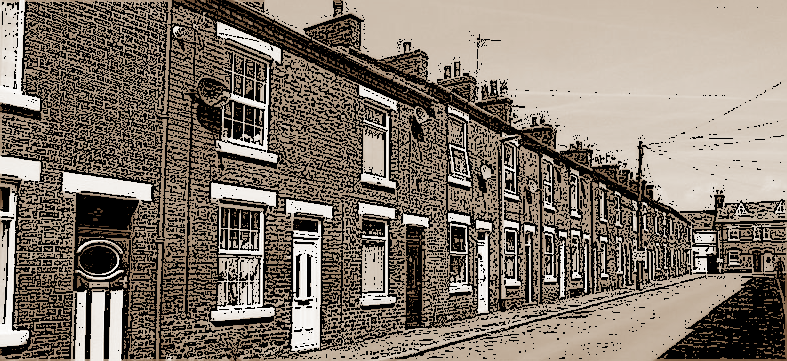
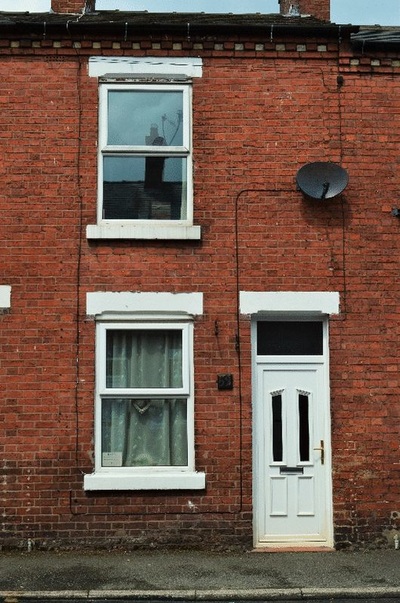
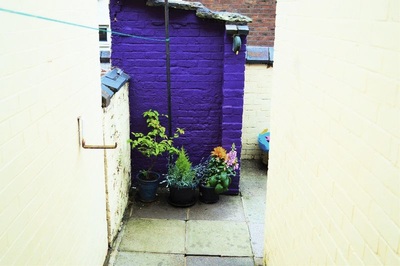
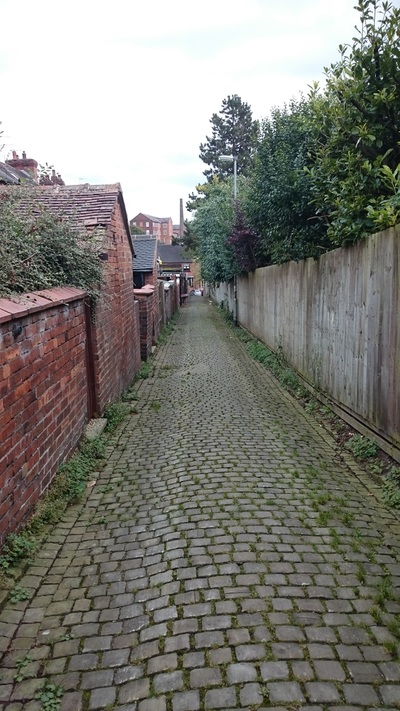

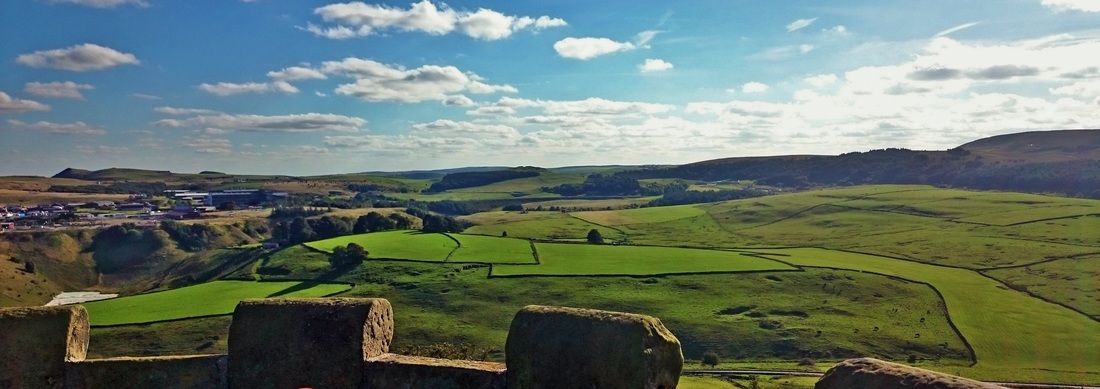
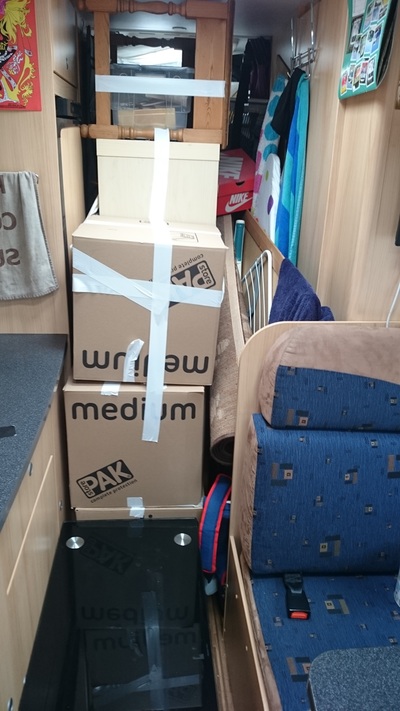
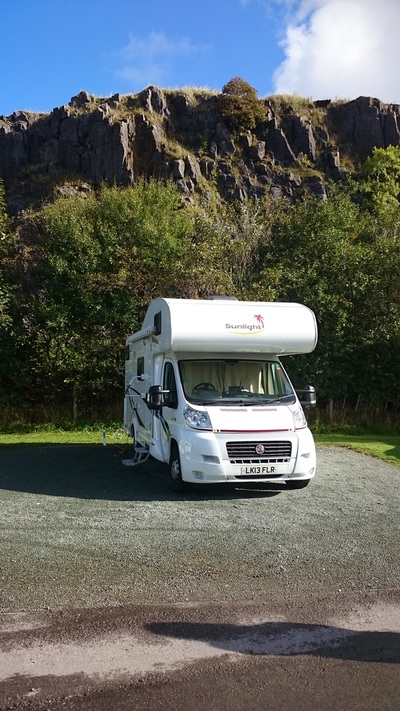
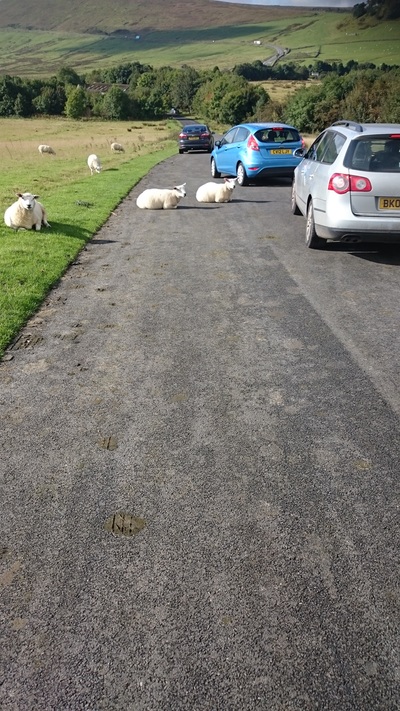
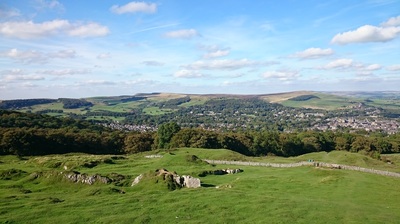
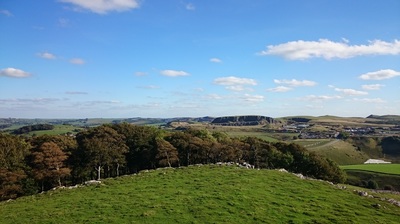
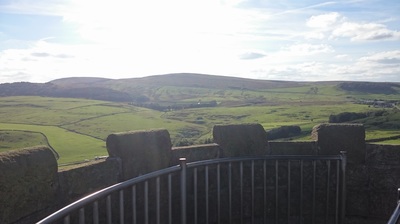
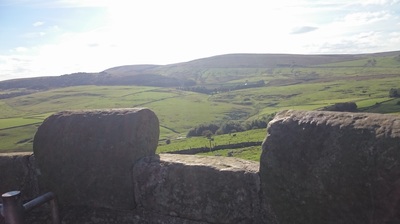
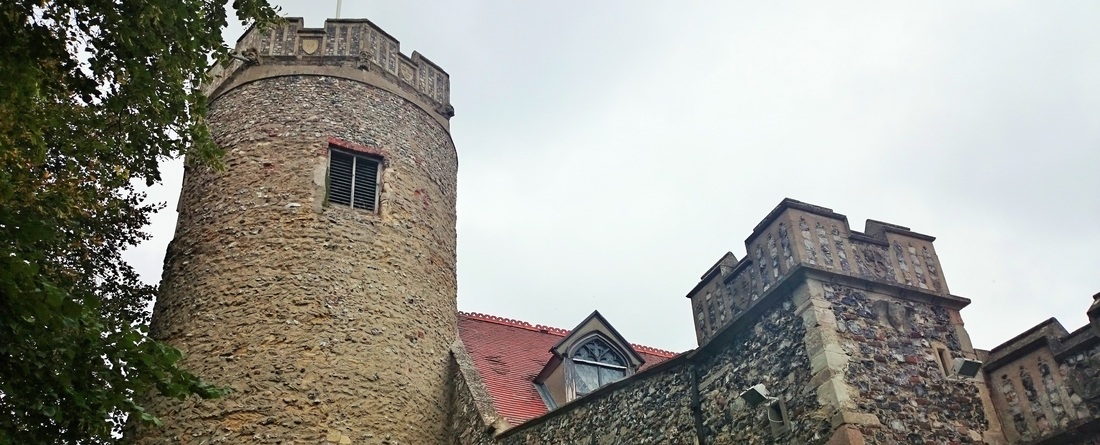
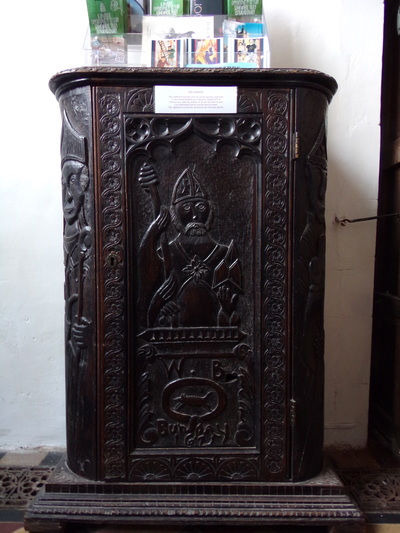
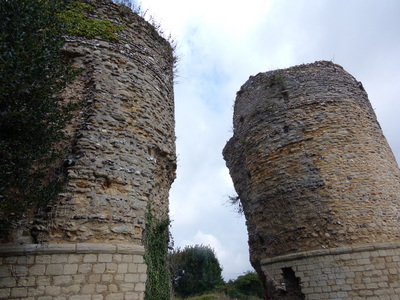

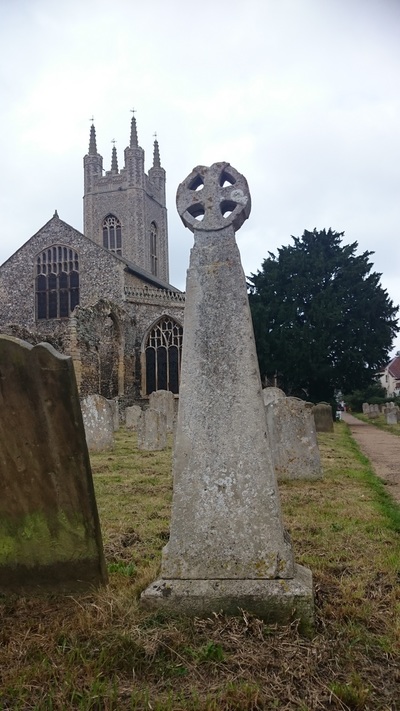

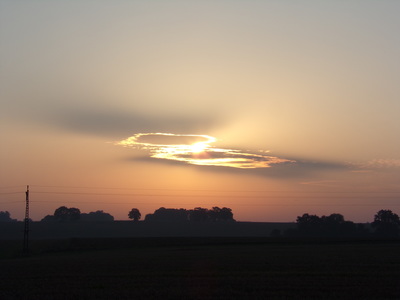
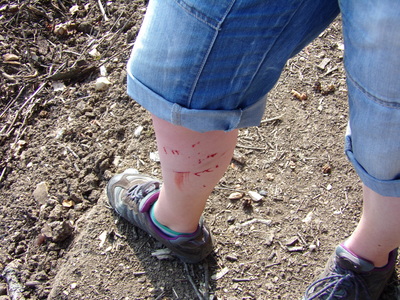
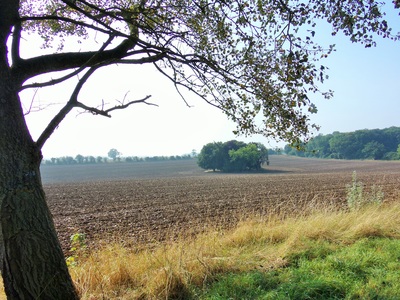
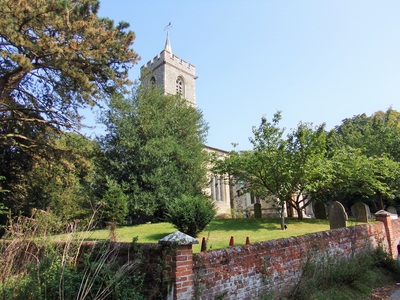
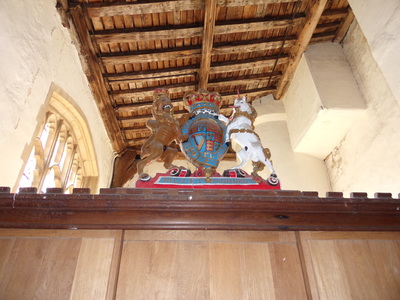
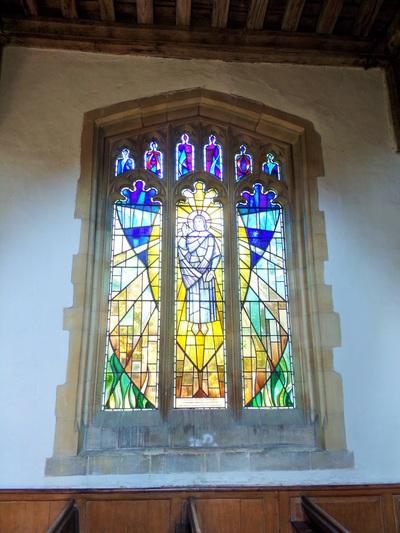

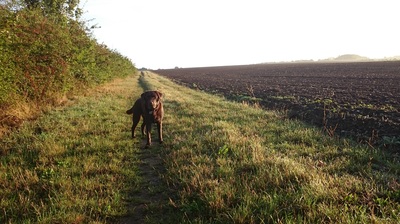
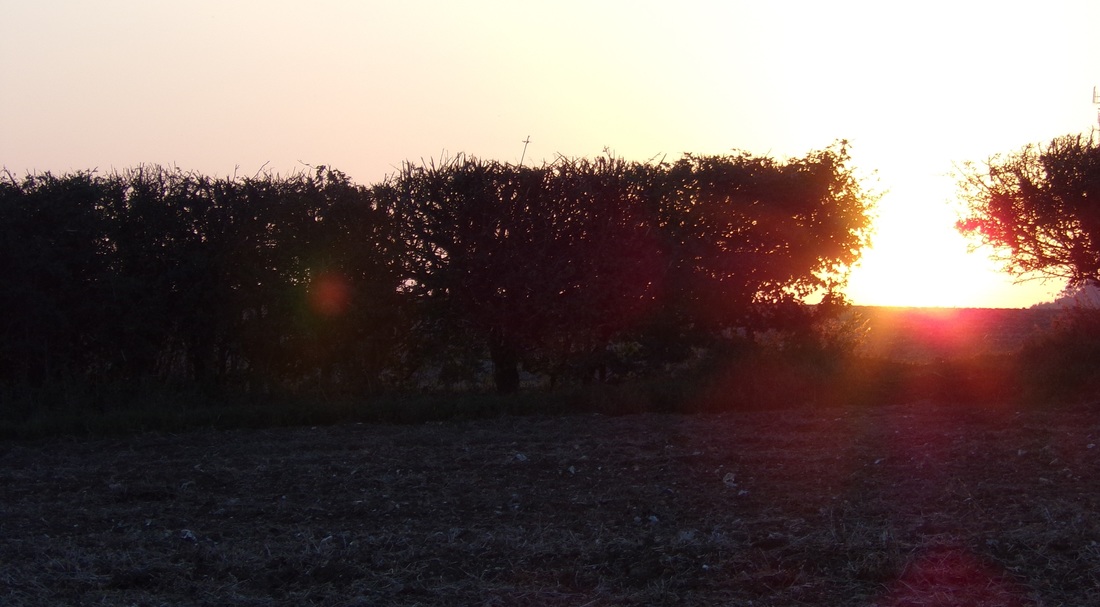
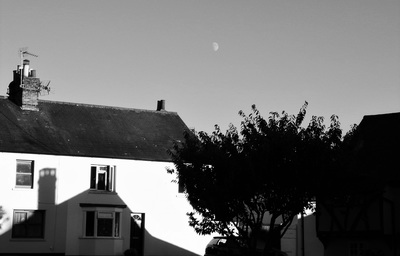
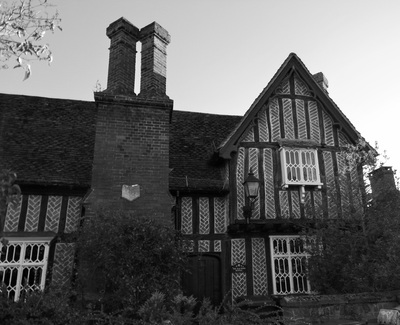
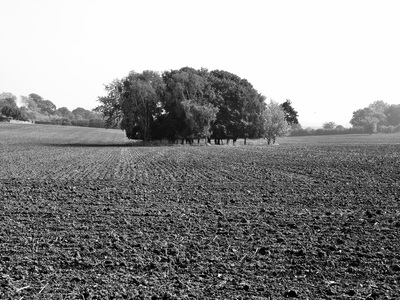
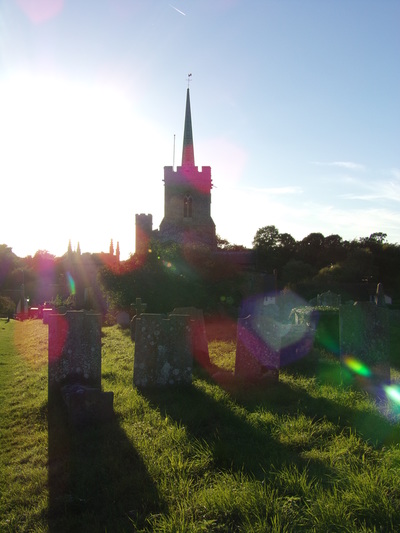
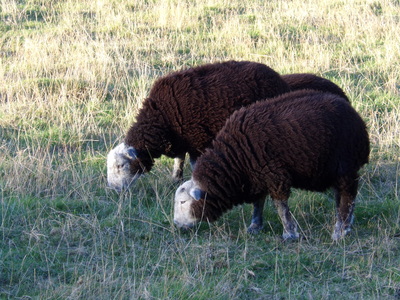
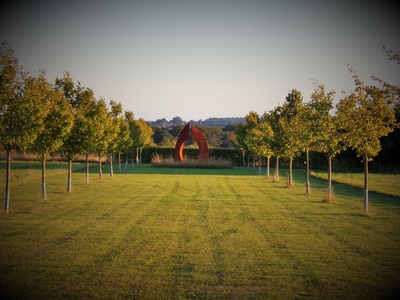
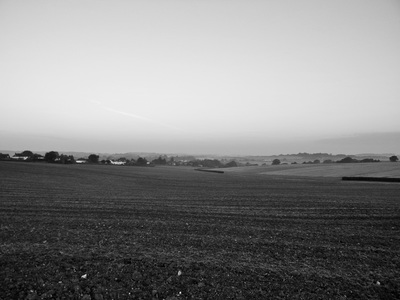
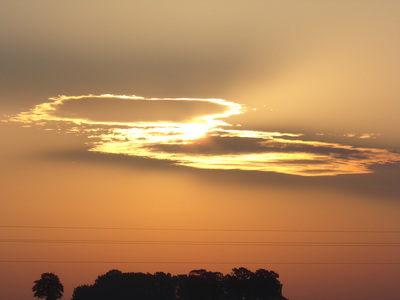
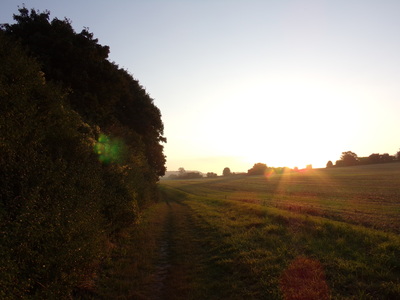
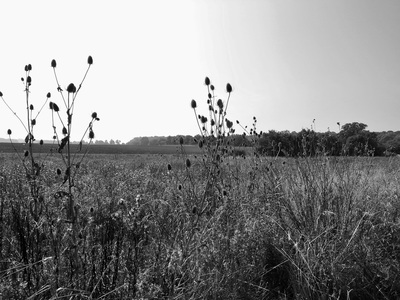

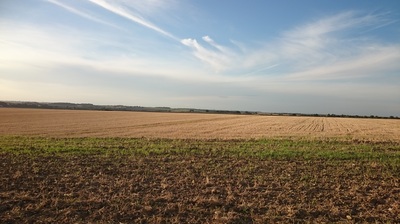
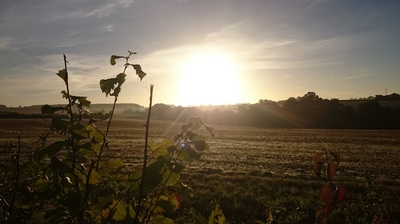
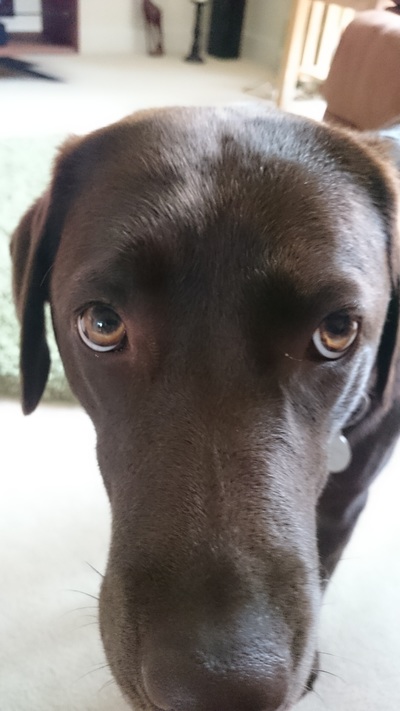
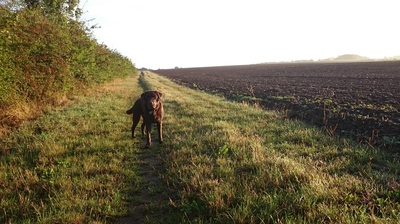
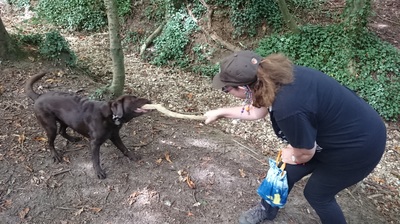
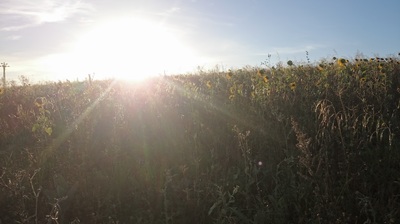
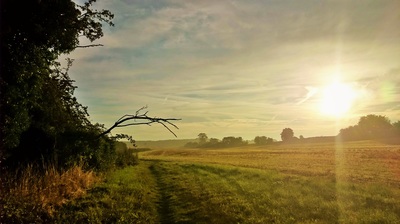
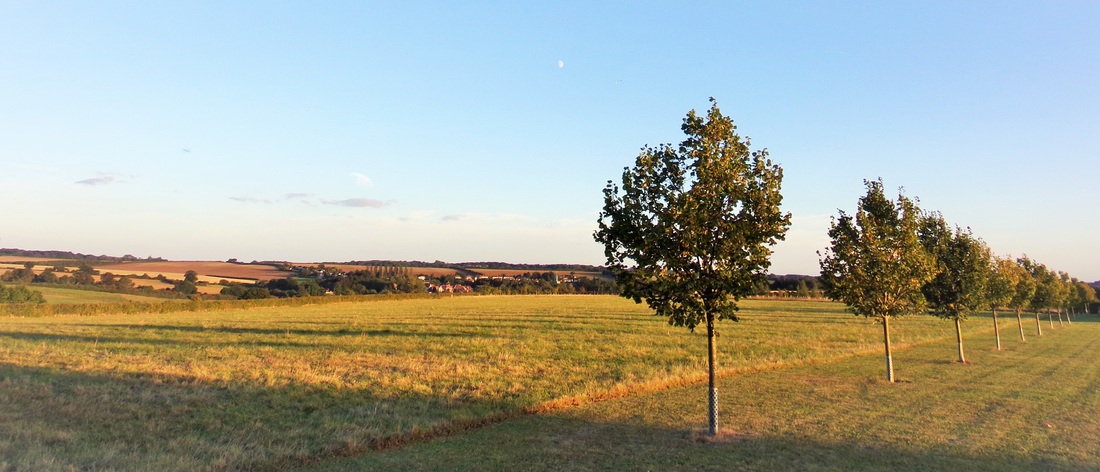
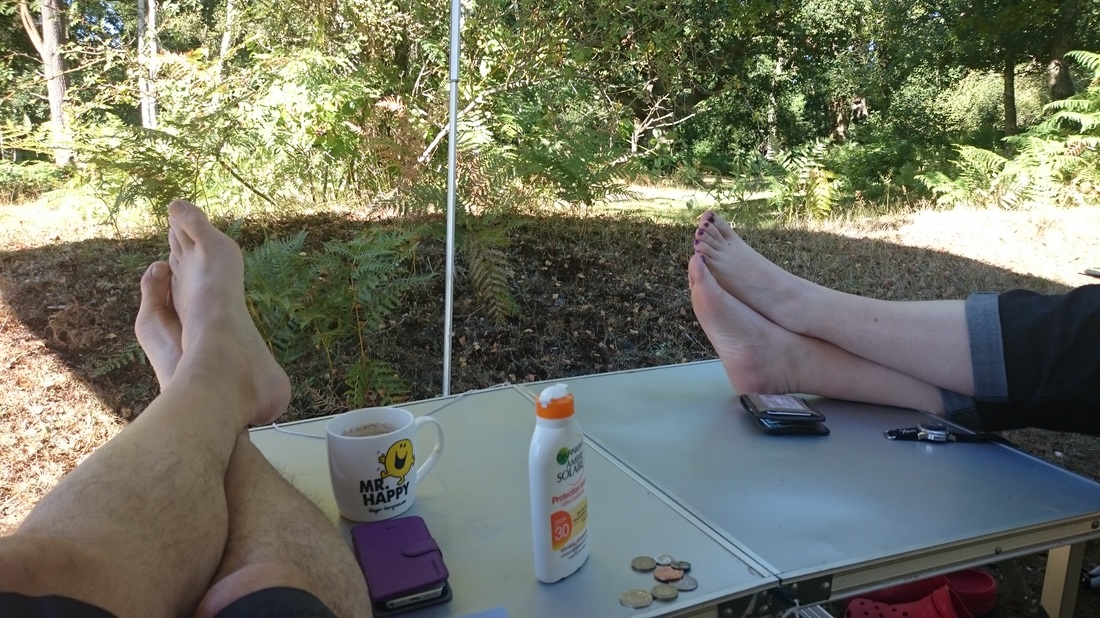
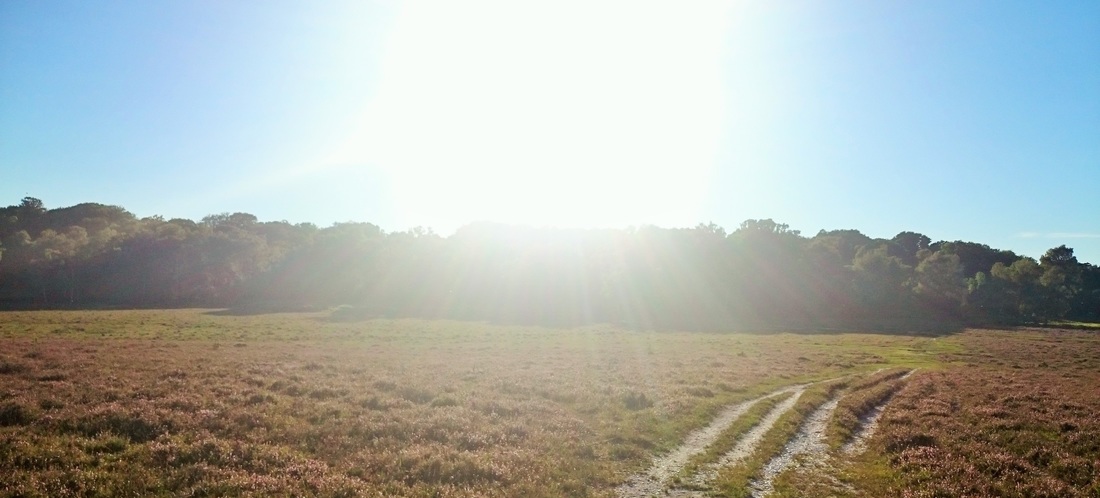
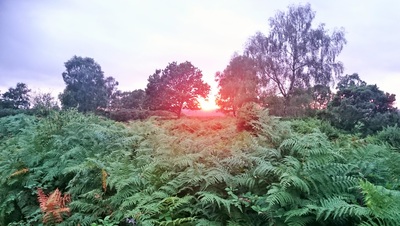
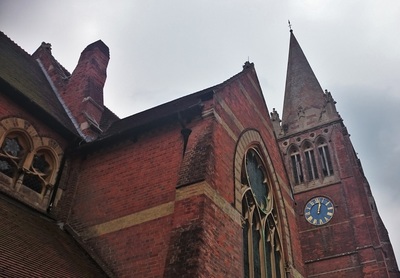
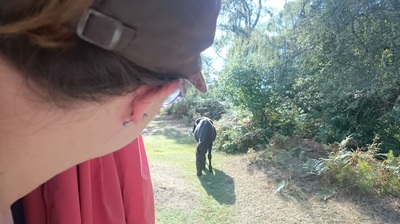
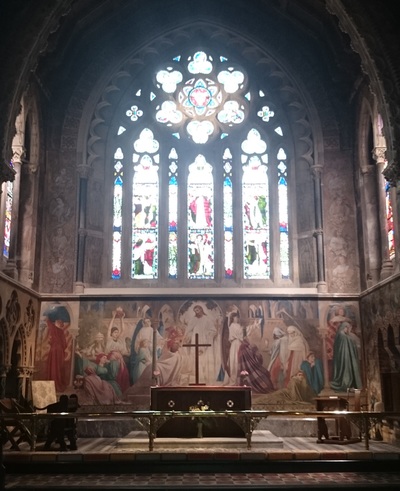
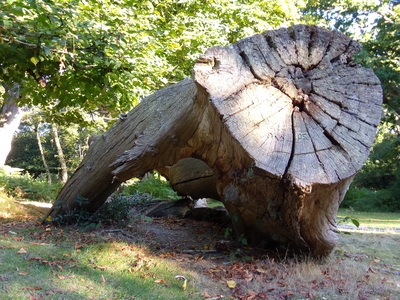
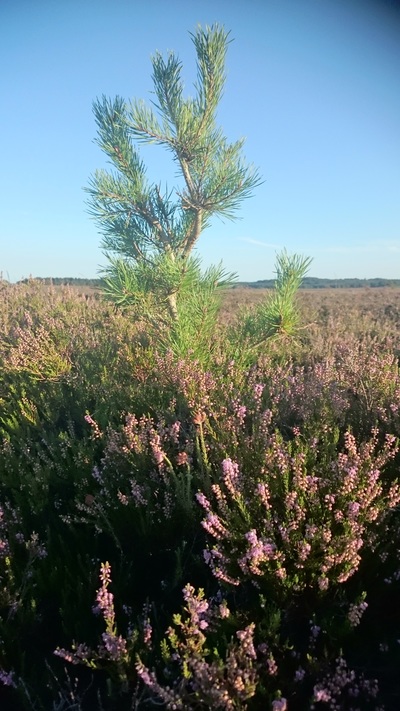
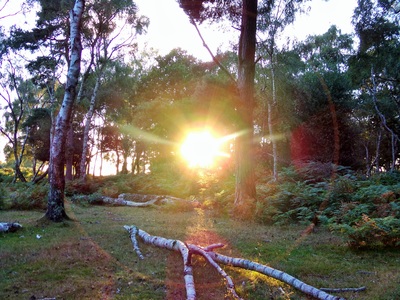
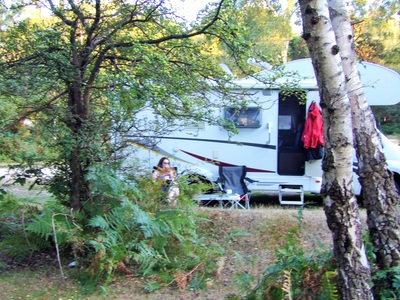
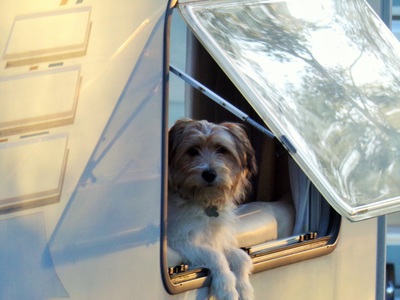
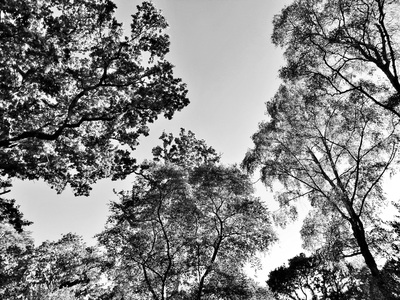
 RSS Feed
RSS Feed
